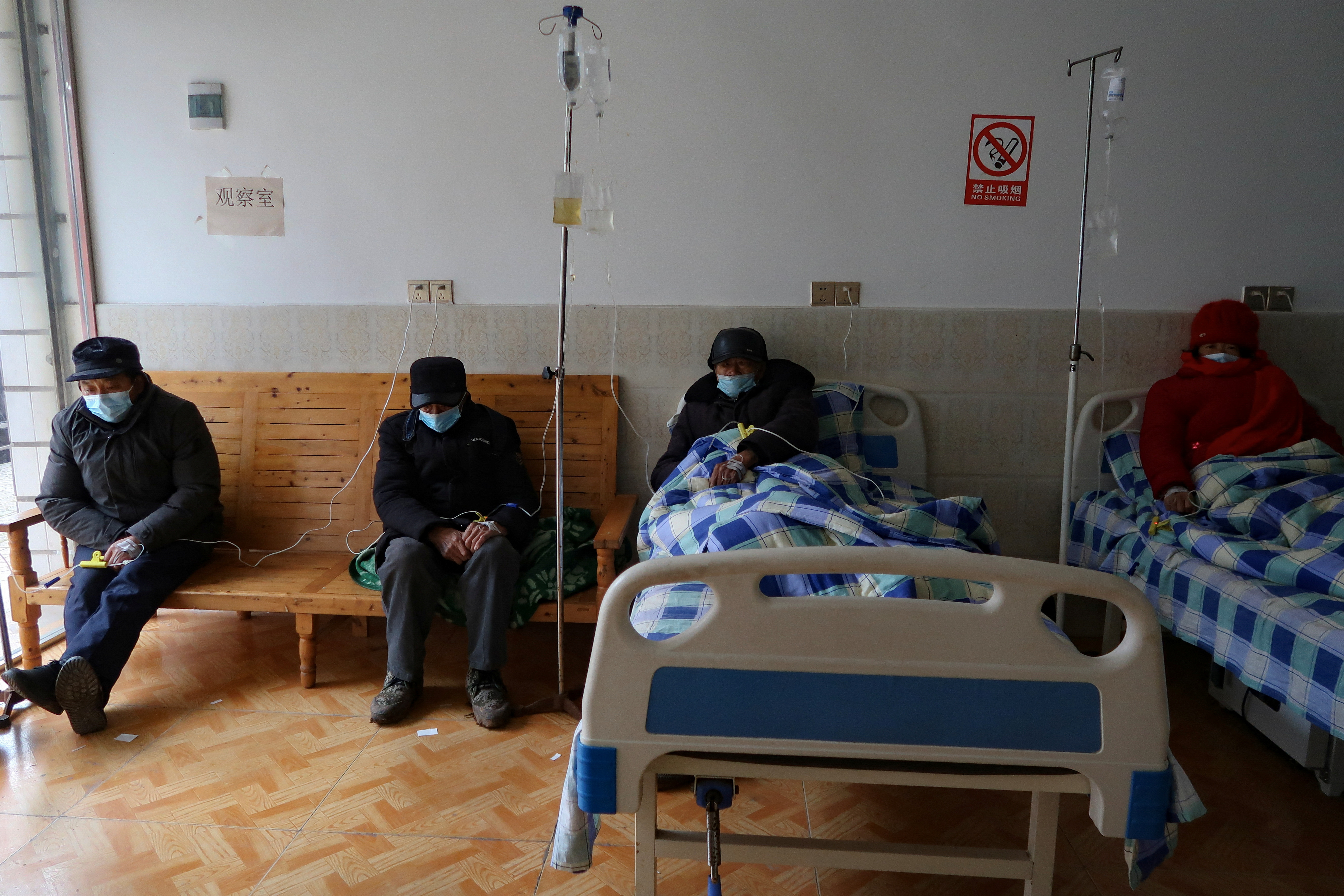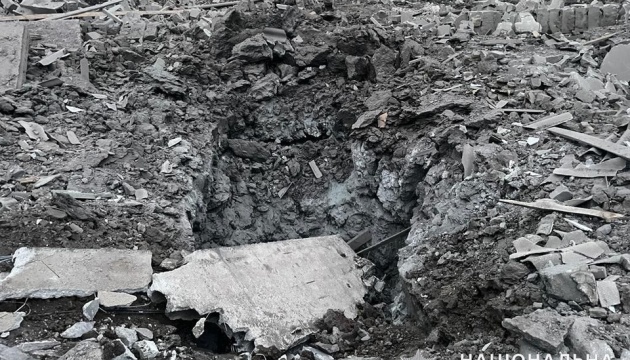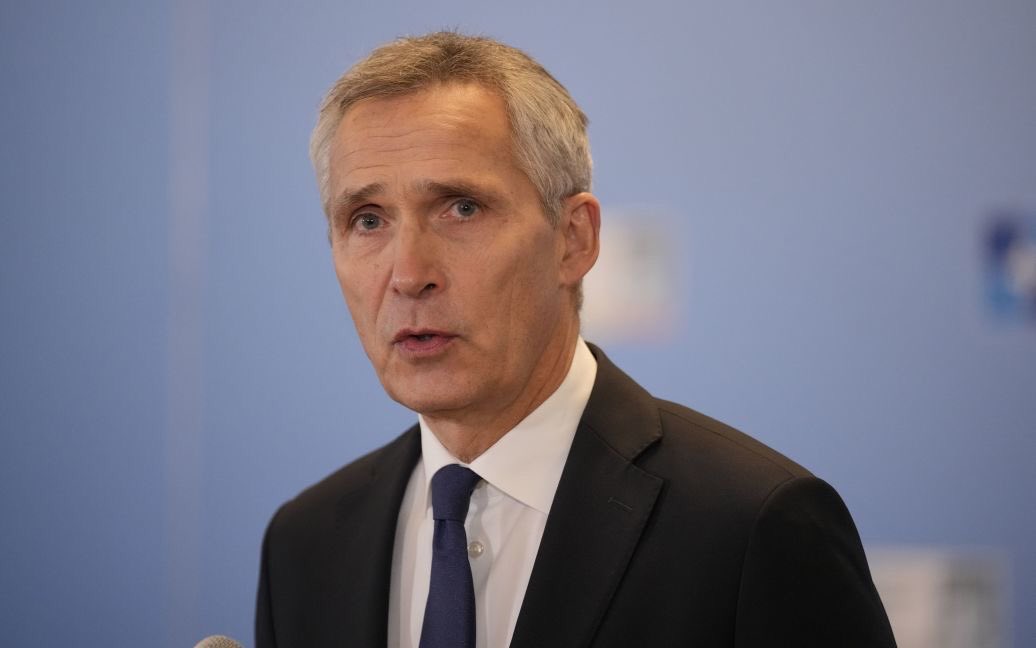KYIV, Ukraine (AP) — Ten months into Russia’s latest invasion of Ukraine, overwhelming evidence shows the Kremlin’s troops have waged total war, with disregard for international laws governing the treatment of civilians and conduct on the battlefield.
Ukraine is investigating more than 58,000 potential Russian war crimes — killings, kidnappings, indiscriminate bombings and sexual assaults. Reporting by The Associated Press and “Frontline,” recorded in a public database, has independently verified more than 600 incidents that appear to violate the laws of war. Some of those attacks were massacres that killed dozens or hundreds of civilians and as a totality it could account for thousands of individual war crimes.
As Karim Khan, chief prosecutor of the International Criminal Court in The Hague, told the AP, “Ukraine is a crime scene.”
That extensive documentation has run smack into a hard reality, however. While authorities have amassed a staggering amount of evidence — the conflict is among the most documented in human history — they are unlikely to arrest most of those who pulled the trigger or gave the beatings anytime soon, let alone the commanders who gave the orders and political leaders who sanctioned the attacks.
The reasons are manifold, experts say. Ukrainian authorities face serious challenges in gathering air-tight evidence in a war zone. And the vast majority of alleged war criminals have evaded capture and are safely behind Russian lines.
Even in successful prosecutions, the limits of justice so far are glaring. Take the case of Vadim Shishimarin, a baby-faced 21-year-old tank commander who was the first Russian tried on war crimes charges. He surrendered in March and pleaded guilty in a Kyiv courtroom in May to shooting a 62-year-old Ukrainian civilian in the head.
The desire for some combination of justice and vengeance was palpable in that courtroom. “Do you consider yourself a murderer?” a woman shouted at the Russian as he stood bent forward with his head resting against the glass of the cage he was locked in.
“What about the man in the coffin?” came another, sharper voice. A third demanded the defense lawyer explain how he could fight for the Russian’s freedom.
The young soldier was first sentenced to life in prison, which was reduced to 15 years on appeal. Critics said the initial penalty was unduly harsh, given that he confessed to the crime, said he was following orders and expressed remorse.
Ukrainian prosecutors, however, have not yet been able to charge Shishimarin’s commanders or those who oversaw him. Since March, Ukraine has named more than 600 Russians, many of them high-ranking political and military officials, as suspects, including Minister of Defense Sergei Shoigu. But, so far, the most powerful have not fallen into Ukrainian custody.
“It would be terrible to find a scenario in which, in the end, you convict a few people of war crimes and crimes against humanity who are low-grade or mid-grade military types or paramilitary types, but the top table gets off scot-free,” said Philippe Sands, a prominent British human rights lawyer.
Throughout the war Russian leaders have denied accusations of brutality.
Moscow’s U.N. ambassador, Vassily Nebenzia, said no civilians were tortured and killed in the Kyiv suburb of Bucha despite the meticulous documentation of the atrocities by AP, other journalists, and war crimes investigators there.
“Not a single local person has suffered from any violent action,” she said, calling the photos and video of bodies in the streets “a crude forgery” staged by the Ukrainians.
Such statements have been easily rebutted by Ukrainian and international authorities, human rights groups and journalists who have meticulously documented Russian barbarity since the Kremlin ordered the unprovoked invasion in February.
Part of that effort, the AP and Frontline database called War Crimes Watch Ukraine, offers a contemporaneous catalog of the horrors of war. It is not a comprehensive accounting. AP and Frontline only included incidents that could be verified by photos, videos or firsthand witness accounts. There are hundreds of reported incidents of potential war crimes for which there was not enough publicly available evidence to independently confirm what happened.
Still, the resulting database details 10 months of attacks that appear to violate the laws of war, including 93 attacks on schools, 36 where children were killed, and more than 200 direct attacks on civilians, including torture, the kidnapping and killing of civilians, and the desecration of dead bodies. Among Russia’s targets: churches, cultural centers, hospitals, food facilities and electrical infrastructure. The database catalogs how Russia utilized cluster bombs and other indiscriminate weapons in residential neighborhoods and to attack buildings housing civilians.
An AP investigation revealed that Russia’s bombing of a theater in Mariupol, which was being used as a civilian shelter, likely killed more than 600 people. Another showed that in the first 30 days after the invasion, Russian forces struck and damaged 34 medical facilities, suggesting a pattern and intent.
“That’s a crime against the laws of war,’ said Stephen Rapp, a former U.S. Ambassador-at-Large for War Crimes. “Once somebody’s injured, they’re entitled to medical care. You can’t attack a hospital. That’s the oldest rule we have in international law.”
Experts say Russia under President Vladimir Putin has repeatedly ignored the rules established by the Geneva Conventions, a series of treaties that dictate how warring countries should treat each other’s citizens, and the Rome Statute, which established the International Criminal Court and defined specific war crimes and crimes against humanity.
“These abuses are not the acts of rogue units; rather, they are part of a deeply disturbing pattern of abuse consistent with what we have seen from Russia’s prior military engagements — in Chechnya, Syria, and Georgia,” said Beth Van Schaack, the U.S. Ambassador at Large for Global Criminal Justice, speaking earlier this month at the International Criminal Court in The Hague, Netherlands.
___
This story is part of an AP/FRONTLINE investigation that includes the War Crimes Watch Ukraine interactive experience and the documentary “ Putin’s Attack on Ukraine: Documenting War Crimes ” on PBS.
___
Short of a regime-toppling revolution in Moscow, however, it is unlikely Putin and other high-ranking Russians end up in court, whether in Ukraine or the Hague, experts say.
And even as a chorus of global leaders have joined Ukrainians in calling for legal action against the architects of this war, there is disagreement about the best way to do it.
The International Criminal Court has been investigating potential war crimes and crimes against humanity in Ukraine. But it cannot prosecute the most basic offense, the crime of aggression – the unjust use of military force against another nation — because the Russian Federation, like the United States, never gave it authority to do so.
Efforts to plug that loophole by creating a special international tribunal for the crime of aggression in Ukraine have been gaining momentum. Last month, the European Union threw its support behind the idea.
Some human rights advocates say a special tribunal would be the smartest way to proceed. Sands, the British human rights lawyer, said prosecuting Russia before such a tribunal would be a “slam dunk.”
“You’d need to prove that that war is manifestly in violation of international law,” he added. “That’s pretty straightforward because Mr. Putin has set out the reasons for that war, and it’s blindingly obvious that they don’t meet the requirements of international law.”
But Khan, the chief prosecutor of the International Criminal Court, has opposed the creation of a special tribunal, calling it a “vanity project.”
”We are an international court,” Khan told AP and Frontline in July. “We’ve been accepted, of course, by the Security Councilors as legitimate. They’ve used this court in terms of referrals. And I think we should focus on using this court effectively.”
Whatever happens on the international stage, the vast majority of cases will be heard within Ukraine itself.
The daunting task of turning Ukraine’s beleaguered prosecutorial service into a bureaucracy capable of building sophisticated war crimes cases falls on Yurii Bielousov.
When he was offered the job of leading the war crimes department in the prosecutor general’s office, Bielousov knew it would be tough. Just how tough became clear after Russians pulled out of Bucha last spring, leaving behind a crime scene strewn with the decomposing bodies of more than 450 men, women and children.
Bucha was the first complex case picked up by Bielousov’s prosecutors, and it quickly became one of the most important. No one in Ukraine had ever dealt with something of that scale before.
“The system was not in collapse, but the system was shocked,” Bielousov said. “OK, OK, let’s go everyone, and just try to do our best.”
Ukraine has five different investigative agencies, each assigned legal responsibility for different kinds of crimes. The crimes in Bucha cut across all those categories, tangling the bureaucracy. That has only made building tough cases even harder.
Despite the setbacks and hurdles, Bielousov says his prosecutors remain focused on gathering evidence that will stand up in domestic and international courts. He says he is also focused on another goal — compiling an incontrovertible record of Russia’s savagery that the world cannot ignore.
Yulia Truba wants the same thing. Her husband was one of the first men Russian soldiers tortured and killed in Bucha. She said she wants to establish a single, shared truth about what happened to her husband
“Russia won’t recognize this as a crime,” Truba said. “I just want as many people as possible to recognize it was a real murder and he was tortured. For me, this would be justice.”
___
Biesecker reported from Washington. Frontline producers Tom Jennings and Annie Wong contributed.
___
Follow AP investigative reporters Michael Biesecker at twitter.com/mbieseck and Erika Kinetz at twitter.com/ekinetz
___
To contact the AP’s investigations team, email investigative@AP.org




 FILE – Pope Francis, left, embraces Emeritus Pope Benedict XVI, at the Vatican, June 28, 2017. (L’Osservatore Romano/Pool Photo via AP, File)
FILE – Pope Francis, left, embraces Emeritus Pope Benedict XVI, at the Vatican, June 28, 2017. (L’Osservatore Romano/Pool Photo via AP, File) FILE – This Dec. 8, 2015 file photo shows Pope Emeritus Benedict XVI sitting in St. Peter’s Basilica as he attends the ceremony marking the start of the Holy Year. (AP Photo/Gregorio Borgia)
FILE – This Dec. 8, 2015 file photo shows Pope Emeritus Benedict XVI sitting in St. Peter’s Basilica as he attends the ceremony marking the start of the Holy Year. (AP Photo/Gregorio Borgia)






